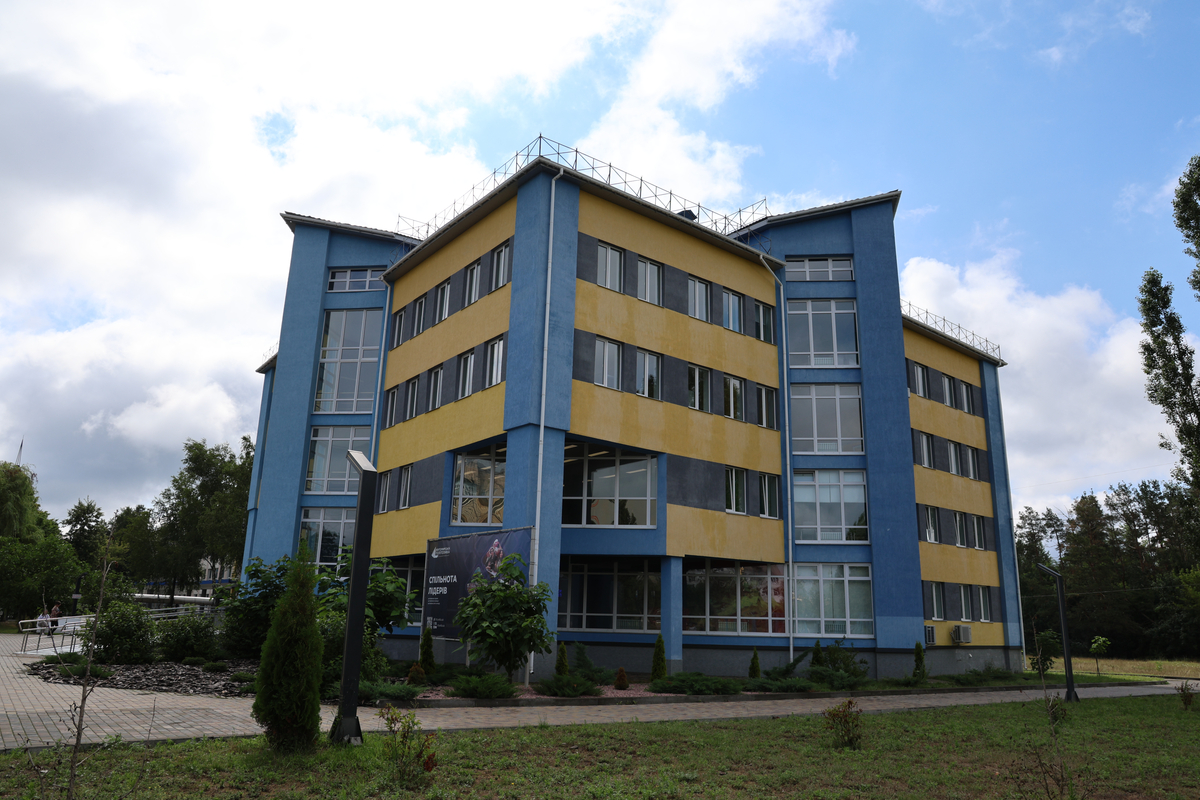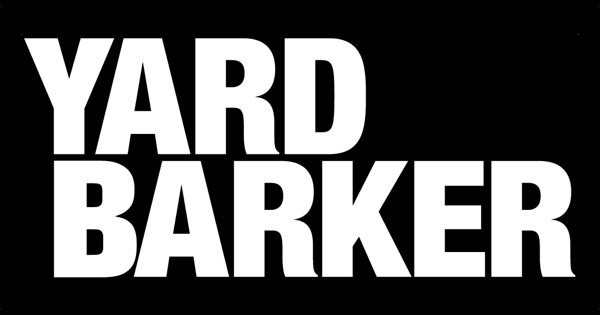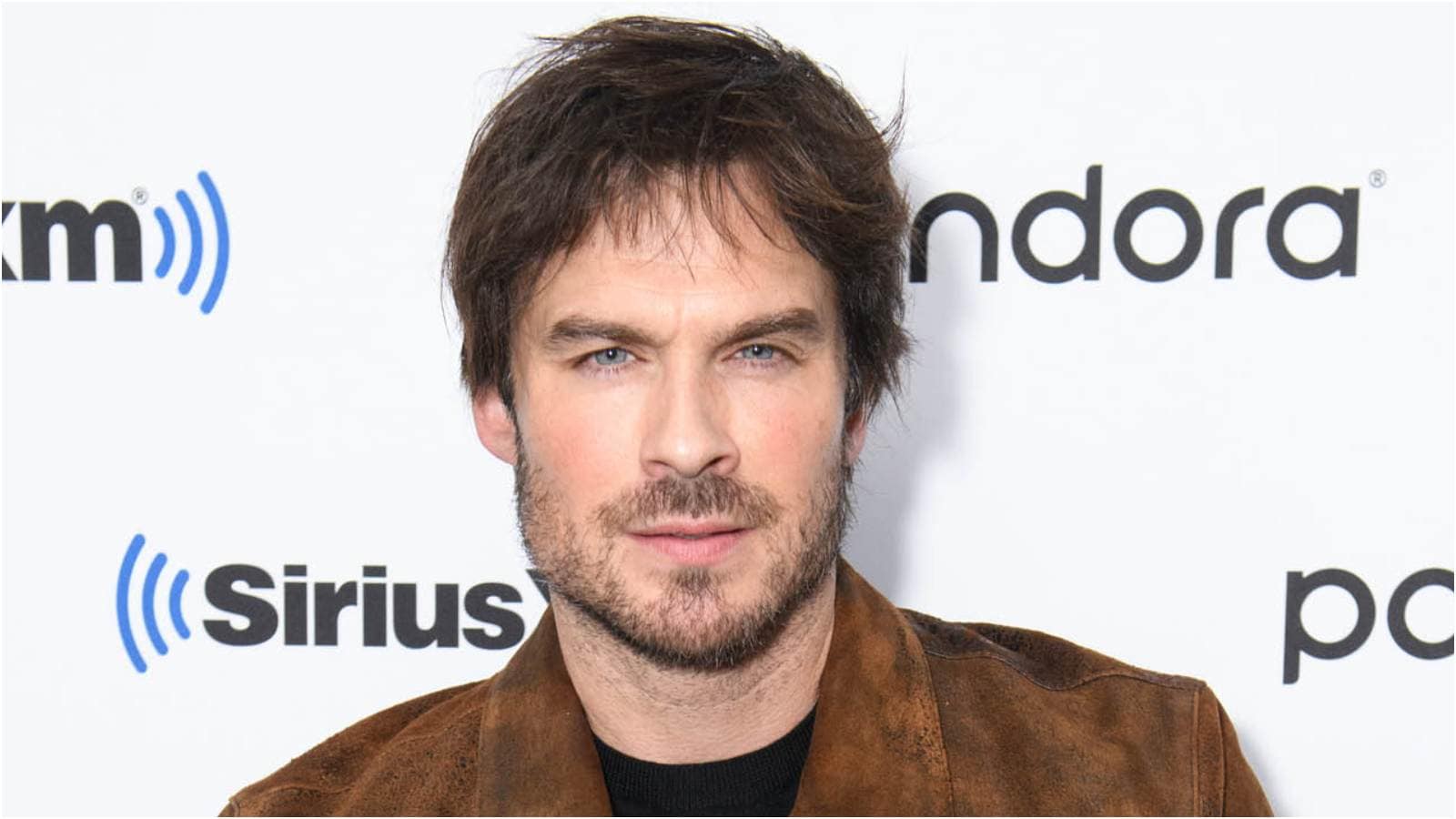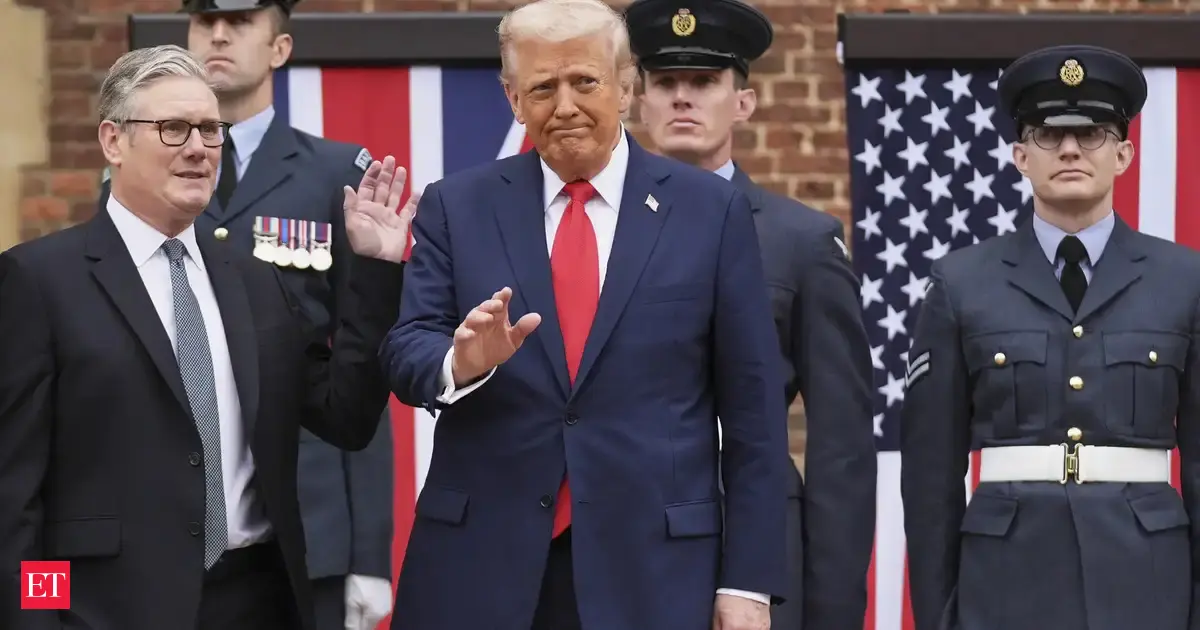By David Kirichenko
Copyright kyivpost

Russia’s full-scale invasion in 2022 unleashed a demographic crisis in Ukraine, and its universities were among the hardest hit as students fled abroad and state funding shifted to the war effort.
Yet in the city of Zhytomyr, a regional capital an hour and a half west of Kyiv, one institution has not only survived but found a way to grow. The city itself holds a unique place in Ukrainian history, briefly serving as the national capital of the Ukrainian People’s Republic during the struggle for independence from 1917 to 1920.
Today, Zhytomyr Polytechnic State University stands out as a rare wartime success story.
Much of the university’s transformation is credited to its rector, Viktor Yevdokymov, who joined the institution in 2005 and has led it as rector since 2016.
“The model we are building here is particularly interesting because of the broader state of higher education in Ukraine today,” Yevdokymov said. “There are currently more than 200 universities in the country. Given demographic risks and the impact of the war – with so many young people having left – we need to recognize a hard truth: no national budget can sustain financing such a large number of institutions.”
The problem, he explained, is structural. “The first challenge is financial. The second is demographic, since there will never again be as many applicants as before the war,” Yevdokymov said.
The government has recently introduced new rules allowing men between 18 and 22 to travel abroad, hoping to curb the exodus of teenagers leaving the country at 17.
“Many universities will face the problem of simply not having enough students. And even if they do, the numbers will be too small to generate the revenue needed to maintain their facilities, pay staff, and cover operating costs,” Yevdokymov said.
“That’s why we need consolidation – fewer, stronger universities in each region. But entrenched leadership resists change. What we need is a complete reset.”
Outside observers agree that Ukraine’s higher education system faces existential challenges. “Universities in Ukraine have been dramatically affected, yet they have also shown a tremendous level of adaptability,” said Oleksandr Pankieiev, Associate Professor and Kule Chair of Ukrainian Culture and Ethnography at the University of Alberta. “Of course, this does not apply to all institutions.”
Backed by business
Change in Ukraine’s higher education system is often slow. But Zhytomyr Polytechnic has managed to reset the model – in part thanks to the backing of Hennadiy Butkevych, one of Ukraine’s wealthiest businessmen and founder of the BGV Group.
Under his support, the school has expanded programs, revitalized its research ecosystem, and tied its fortunes to both local industry and national needs. BGV also funds scholarships, opening the doors for more students to attend.
The region itself holds strategic weight. Zhytomyr Oblast is rich in minerals and was an area of interest during the minerals deal discussions between the US and Ukraine.
Butkevych, who chairs the university’s Supervisory Board, has also poured resources into the city itself, reviving its football club, Polissya Zhytomyr, where heavyweight boxing champion Oleksandr Usyk is known to make occasional appearances.
Butkevych has cast his investments as more than business. He claimed that he sold his yacht to help develop Polissya Zhytomyr, the football club that has become a symbol of the city’s revival. The club now maintains a special relationship with Zhytomyr Polytechnic.
The partnership with BGV, Yevdokymov highlighted, represents more than financial support. It has become, he argued, a model of how business and universities can align in wartime.
“This is a true example of how business and the academic community are joining forces for the development of science, education, and young talent,” he wrote on Facebook. “Together, we are shaping an environment where education becomes a driver of technological change and Ukraine’s economic growth.”
In June, Yevdokymov traveled to Houston, where he and his colleague Oksana Chernysh joined Texas Governor Greg Abbott at the Lincoln-Reagan Dinner, a marquee event for the Harris County Republican Party.
“There, we presented our university’s initiatives on veteran policy and international academic cooperation,” Yevdokymov wrote afterwards. “We were proud to introduce a project aimed at supporting Ukrainian veterans – already positively reviewed by our American partners.”
A startup ecosystem in wartime
Inside the university’s labs, the reset is already underway. Oksana Chernysh, director of the Research Institute of Medical Technologies pointed to rows of prototypes and student-built devices.
“So far, we’ve helped launch more than five startups, including five graduates from the most recent startup school,” she said. “Two teams grew into full divisions within the Scientific Park, one in metalworking and another in additive technologies. These are no longer just research projects, they now operate as commercial ventures.”
One applied innovation was developed for the football club Butkevych revived. “We worked with Polissya to build a smart training device,” Chernysh explained.
“It looks like a goal with nine target zones, paired with a mobile app. Coaches can customize drills and track players’ progress with real-time statistics. The idea came directly out of conversations with the club. Today, the device is in use at their training base,” said Chernysh.
For Oleksandr Dobrzhanskyi, an associate professor, the philosophy is clear: freedom, initiative, and a European-style hands-on approach.
“Students spend long hours in labs outside formal classes,” he said. “They show initiative and interest, staying until evening. They participate in hackathons, competitions, and mobility programs. Many of these projects become spin-offs, growing into startups or research ventures. It forms a pipeline from student labs straight into business.”
Earlier this year, Mykhailo Fedorov, Ukraine’s First Deputy Prime Minister and Minister of Digital Transformation, announced the launch of the national Science City framework – a reform designed to unite universities, businesses, and the state in shared innovation hubs. “Our goal is to make science and technology a driving force of the economy, and Science City is how we’ll make it real,” Fedorov wrote.
Under the plan, university science parks will be transformed into full-scale R&D centers, equipped with infrastructure, tax incentives, and streamlined partnerships with business. Zhytomyr Polytechnic is among the first pilots, testing new energy solutions with student teams as part of the framework. Other projects include AI and cybersecurity research at Kyiv Aviation Institute and biotech and robotics collaborations at Lviv’s SID City.
Training for the front and beyond
The war has also reshaped the university’s social mission. Andrii Brodskyi, head of the Center for Veteran Development and a war veteran himself, said Ukraine is only beginning to grapple with the scale of psychological trauma returning soldiers bring home.
“In the United States they take PTSD very seriously,” he said. “In Ukraine, however, PTSD is often dismissed. I know this personally – I was diagnosed with PTSD and a traumatic brain injury. To this day, I still have to fight the healthcare system to acknowledge it.”
He sees stigma as the greatest obstacle. “Many veterans say, ‘PTSD is for the weak. I don’t have it.’ But later they realize they do need psychological help. I believe every soldier leaving service should undergo mandatory psychological diagnostics. Without this, we see too many cases where veterans act aggressively or destructively, unable to explain why.”
Nataliia Kharitonova, head of the university’s PsyLab and a psychotherapist, agreed. “For those released from Russian captivity, mandatory psychological rehabilitation is especially important,” she said.
“I know one young soldier, captured near Kyiv in early 2022. When he was freed two and a half years later, he could hardly speak. After two rehabilitation courses, he began to smile and communicate again, but he still needs a third.”
Kharitonova has worked on veteran rehabilitation for more than a decade. “We’ve trained around 300 psychologists and dozens of family doctors in trauma and PTSD therapies, partnering with Polish and American colleagues,” she said.
“We use art therapy, canine therapy, and complex multidisciplinary approaches. The hardest part is helping veterans understand that rehabilitation is a long process. It’s not like taking a pill for a fever. It takes years.”
Building for the future
The university’s expansion also includes disciplines far beyond the obvious wartime needs. Olena Denysiuk, vice-rector and associate professor, noted that programs like biomedical engineering remain tiny but are seeing surging demand.
“Very few universities train them. At ours, we only admit up to 15 students a year into this specialty. That’s very small compared to software engineering, which admits 400,” she said. “From a cost perspective, it may not seem efficient. But clinics urgently need these specialists. By their third year, most are already being recruited directly by hospitals and labs.”
Western observers have taken notice. Douglas Davis, an assistant professor at the Medical College of Wisconsin and a frequent medical volunteer in Ukraine, described Yevdokymov as “a forward-thinking, progressive, and innovative leader” who has forged partnerships with Western institutions and built ties to political leaders in the United States.
For Davis, the rector’s vision connects directly to Ukraine’s future: “His vision is to harness all the resources of the oblast – particularly those represented at the state university – for the benefit of Ukraine’s civil society and for advancing technological innovation that can be directly applied to the war effort.”
Davis now serves as medical director for the university’s international cooperative programs in adaptive sports linked to mental health.
Judith Debose, a US Army veteran and an appointed delegate for the state of Texas with the United States Institute of Diplomacy and Human Rights, works alongside Davis to help Ukrainian soldiers reintegrate after returning from the front.
She also praised the university’s atmosphere. “The university has a remarkably welcoming atmosphere, especially for those of us coming from the United States to work or teach. We’ve experienced nothing but hospitality, open arms, and gratitude,” she said.
Debose added, “Teaching at Zhytomyr is a wonderful experience – the students are eager to learn, especially about the United States, and they bring genuine enthusiasm to every exchange.”



